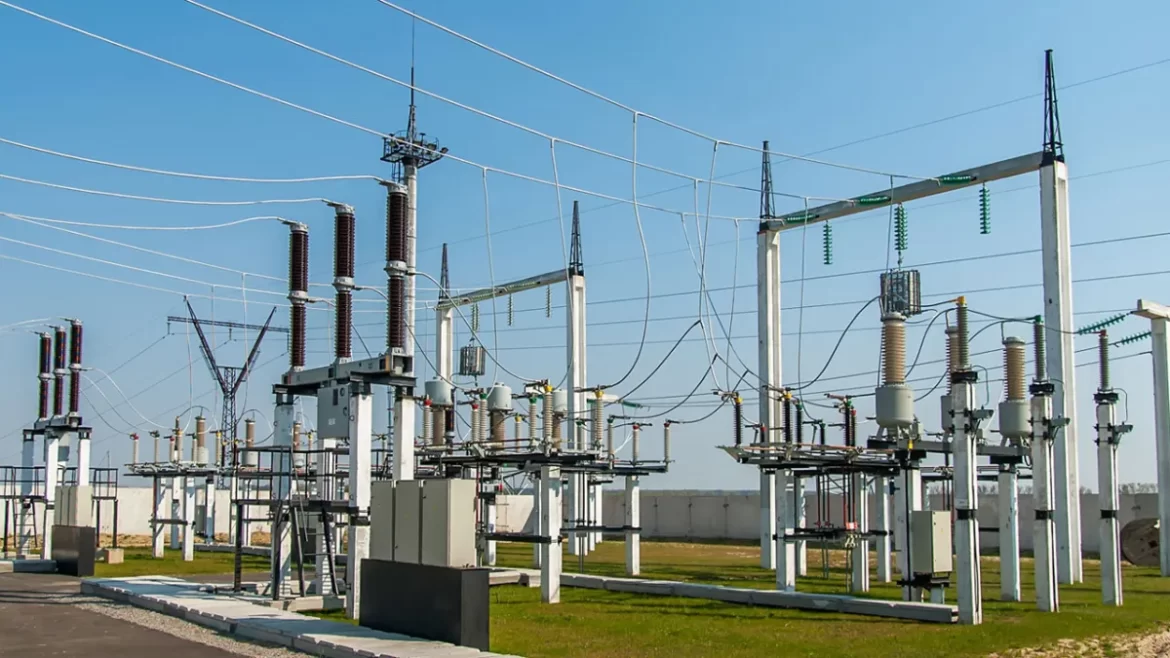800
By Daniel Adaji
The Electricity Consumers Advocacy Centre (ECAC), a civil society group, has called on the National Assembly to use the Electricity Act (Amendment) Bill 2025 to correct what it described as persistent injustices against electricity consumers in Nigeria.
Presenting the group’s memorandum to the Chairman, House Committee on Power, Chief Princewill Okorie, Executive Director of ECAC, said: “The idea of amending the Electricity Act is appreciated because it shall correct defects observed in the Electricity Act 2023 and the amended version in 2024. This amendment is envisaged to address the concerns of the supply side and the demand side of the curve, thereby giving the Government, Licensed Electricity Distribution Companies, Consumers and host Communities a good environment to operate to provide safe, quality, reliable and affordable electricity service to Nigerians.”
He stressed that poor enforcement of consumer rights remained at the heart of problems in the power sector, including poor liquidity, vandalism, and unsafe networks. “It is for this reason that we have proposed for Electricity Consumer Rights Protection Enforcement Agency and National Safe Electricity Installation Empowerment Center as components of the Electricity (Amendment) Act 2025,” he said.
According to a copy of the document obtained by Pointblanknews.com Monday, consumers face “high tariffs and unfair disconnection” whenever they challenge overbilling.
Okorie argued that while Discos punish alleged meter bypass instantly, legitimate complaints against the companies take weeks without resolution, leaving customers in darkness.
He pointed to sections of the Electricity Act 2023 that impose heavy penalties on consumers but spare service providers. “Who will rescue the Nigerian Electricity consumer from this gross injustice?” he asked, noting that claims of 20-hour supply for Band A consumers are often false, with many households receiving less than five hours daily but paying full tariffs.
ECAC also accused Distribution Companies (Discos) of exploiting consumers who fund transformers, poles, and cables under the Network Expansion Investment Policy without refunds.
“Painfully, the Disco that failed to invest one kobo in the process go to collect revenue once electricity is connected from the same Consumers who invested to make the business possible without refunding them,” Okorie said.
He further criticized the Meter Asset Provider (MAP) scheme, where customers who paid for meters were not refunded as promised. He said many were also being charged under the Meter Acquisition Fund, describing it as double billing.
Beyond consumer injustice, ECAC called for stronger policies to promote renewable energy. The group noted challenges such as energy access inequality, importation of substandard solar products, weak institutional support, and political interference from oil and gas stakeholders.
the group urged the government to subsidize clean energy, increase public and private investment, and support community-based solar mini-grids. He said a just energy transition should ensure “clean energy is accessible, affordable, and beneficial to all, especially the most vulnerable.”
On safety, ECAC proposed the National Safe Electricity Installation Empowerment Program (NASEIEP) to tackle the growing number of uncertified technicians across Nigeria. According to findings, about 88,090 unqualified practitioners are carrying out electrical installations in the country, exposing citizens to fires, electrocution, and infrastructure failures.
Okorie explained that NASEIEP would “improve the safety, quality, and reliability of electricity installations across Nigeria through enforcement of compliance with national electrical installation laws and empowerment of certified installers.”
The group commended sections of the amendment bill that strengthen the National Hydroelectric Power Producing Areas Development Commission (N-HYPPADEC), noting it would eliminate conflicts between power companies and host communities over project funds.
Okorie notef that the Electricity Act (Amendment) Bill 2025 must prioritize justice for consumers while balancing the interests of investors and government.
“Governance of the Nigeria Electricity Supply Industry requires inclusion of enforcement institutions that shall protect the service providers and consumers alike,” he stated.



